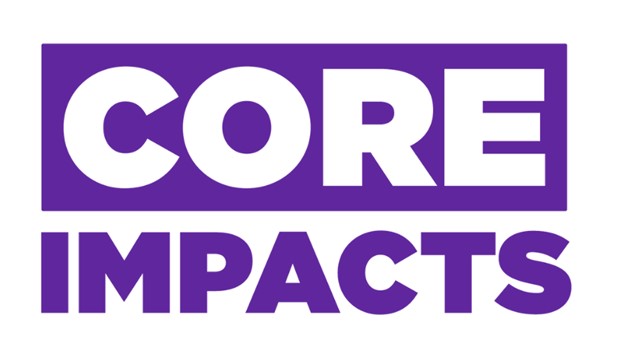Additions and Changes to General Education Curriculum

Structural changes to the general education curriculum (CORE IMPACTS) should occur as frequently as necessary and must be informed by assessment data. All Core IMPACTS courses and domains must comply with the USG Academic & Student Affairs Handbook and BOR Policy 3.3.1: Core Curriculum. The IMPACTS Core is designed to ensure breadth of knowledge, disciplinary rigor, and seamless transferability across USG institutions.
New courses or modifications—submitted by faculty or by a faculty curriculum committee—should first consult with the relevant USG Regents Advisory Committee for disciplinary standards and outcomes, then the MGA General Education CORE IMPACTS Workgroup for approval, followed by the MGA Academic Affairs Committee for institutional alignment, resource feasibility, and approval. Proposals next proceed to the USG Council on General Education for system-wide compliance, transfer rules, and catalog inclusion (with the option for further consultation with the USG Regents Advisory Committee). Only after these stages are complete can courses be added to the next catalog cycle.
This section includes consideration for the following: 2.4 General Education Core Curriculum: The IMPACTS Core; 2.4.1 Core IMPACTS Domains – Credit Hours; 2.4.2 IMPACTS System-Wide Orienting Questions, Learning Outcomes, and CRCs; 2.4.3 Rules for Including Courses in the IMPACTS Core; 2.4.4 Details Regarding Courses in Each Core IMPACTS Domain; 2.4.5 Pre-Requisite Rules; 2.4.6 Rules for Change of Major; 2.4.7 Field of Study Domain; 2.4.8 Common Courses; 2.4.9 Course Approval Procedures; and 2.4.10 Transfer Rules. For complete procedures and criteria, see the USG Academic & Student Affairs Handbook, Section 2.4.
Because the MGA General Education CORE IMPACTS Workgroup and the USG Council on General Education meet on an as-needed basis, it is critical that those developing general education curriculum closely follow the Curriculum Development and Approval Calendar and consult with the Office of Academic Affairs prior to initiating work on new courses or modifications.